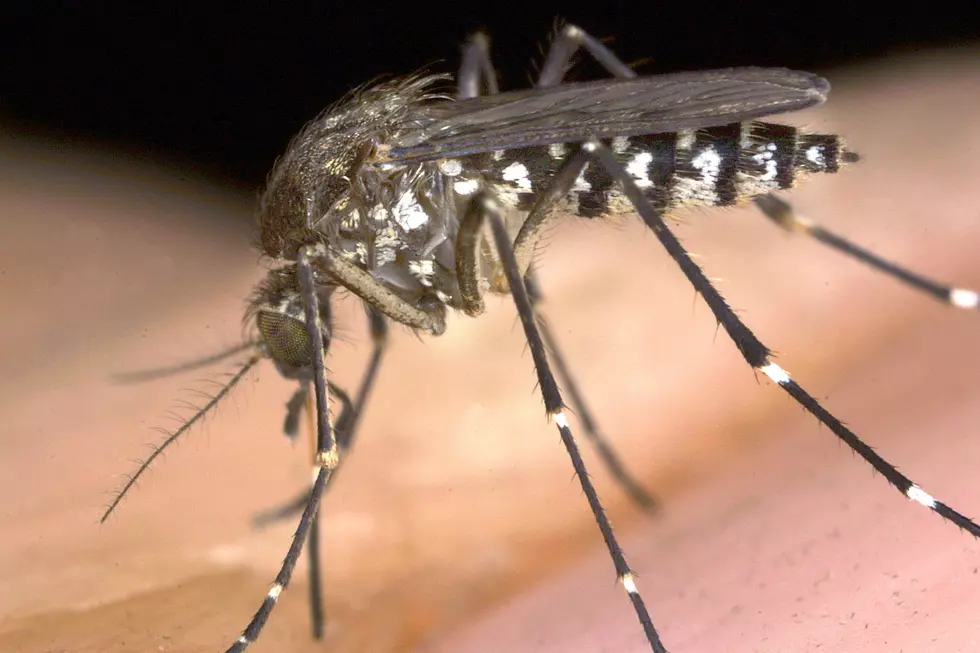
Will May’s wet start breed more Jersey mosquitoes?
A wet early May has raised some concern about New Jersey mosquito breeding this spring, especially with the threat of the mosquito-borne Zika virus in the background.
Joe Conlon, technical advisor for the Mount Laurel-based American Mosquito Control Association says there's the possibility of a heavy mosquito season in New Jersey.
"Mosquito populations are generally fluctuating in accordance with the weather, and primarily precipitation," he said.
More rain means more mosquito breeding chances.
Because mosquitos don't breed in deep water, Conlon says if you are not having flooding, you are providing more habitat where the mosquitoes can lay their eggs, and you are looking for higher numbers of mosquitoes. But at this point, there has been no indication that mosquitoes in New Jersey this spring or summer will be carrying the Zika virus.
But Conlon also says drought conditions can also heighten mosquito breeding because they lay eggs and wait for the rain.
"Actually, some of our worst mosquito problems come when you have drought for a couple of years. Mosquitoes are just laying eggs in depressions in the ground in fields, and they just keep laying eggs upon eggs upon eggs and these eggs can last for several years until the next inundating water supply comes. And then they all come out at once."
Conlon says the Zika scare is generating money for finding solutions.
But he says vaccinations may be two to four years away.
Joe Cutter is the afternoon news anchor at New Jersey 101.5
More From New Jersey 101.5 FM









